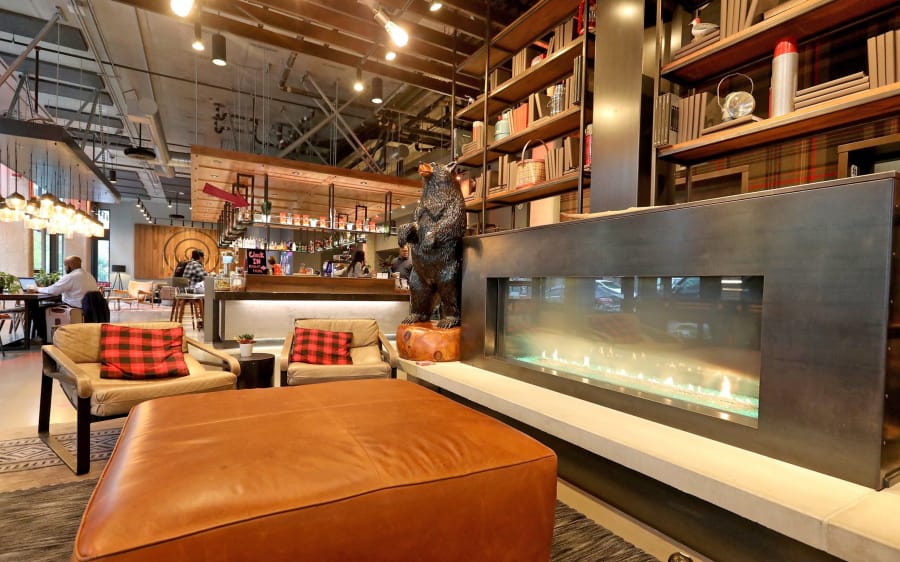SEATTLE — When it officially opens in December, the Hyatt Regency at Eighth Avenue and Howell Street will be both the largest hotel in Washington state and among the most closely watched.
With its 1,260 rooms, spacious conference facilities, and proximity to the planned expansion of the Washington State Convention Center, the Hyatt is key to Seattle’s ambitions to play in the big leagues of the convention business and bid for massive corporate events that only a handful of American cities can currently handle.
But the enormous property is opening just as the Seattle area’s hotel market — currently one of the hottest in the country — is cooling under a crowd of new entrants, from “limited-service” hotels to upscale boutiques and “lifestyle” properties such as the Marriott-owned, millennial-oriented Moxy in South Lake Union.
By the time the Hyatt opens, Seattle’s downtown hotel market will have grown by a stunning 2,550 rooms since January 2017, or more than five times the number of rooms the city added in the two previous years, according to Visit Seattle, which markets the city’s hospitality and tourism sectors. Regionwide, there are roughly 65 new or under-development hotels across King, Snohomish and Pierce counties, according to CBRE, a real-estate investment firm.



